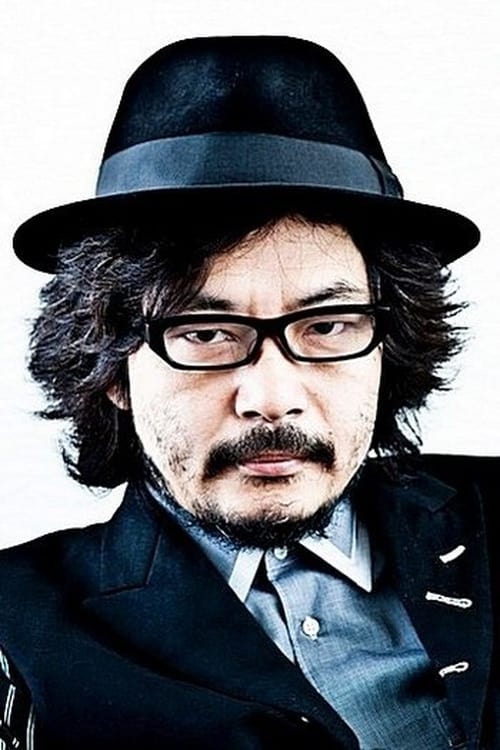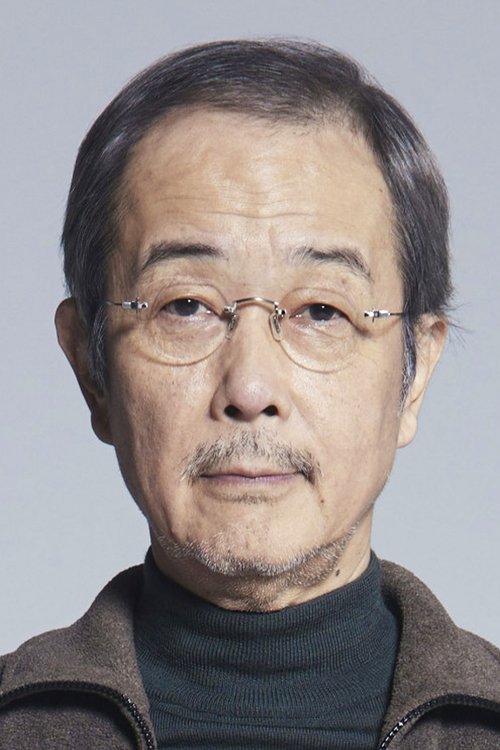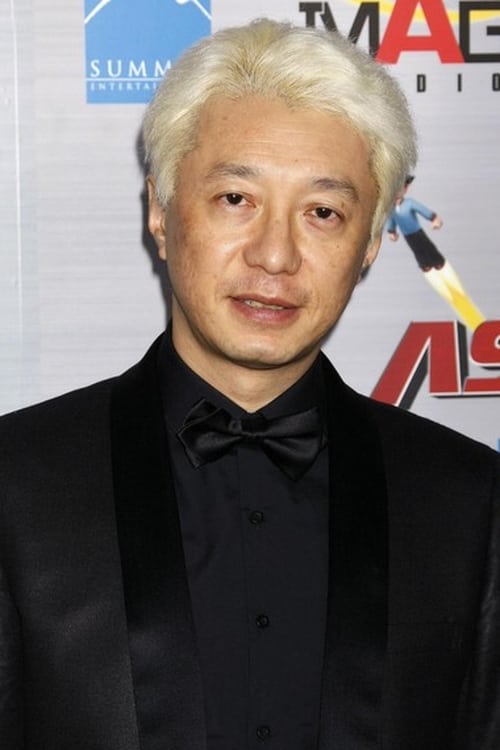
Cast & Crew
7 members
Directing
石井輝男
Unknown Role

Directing
園子温
Unknown Role

Directing
塚本晋也
Unknown Role

Acting
リリー・フランキー
Unknown Role

Acting
丹波哲郎
Unknown Role

Directing
手塚眞
Unknown Role

Directing
本田隆一
Unknown Role


Unknown Role

Unknown Role

Unknown Role

Unknown Role

Unknown Role

Unknown Role

Unknown Role
